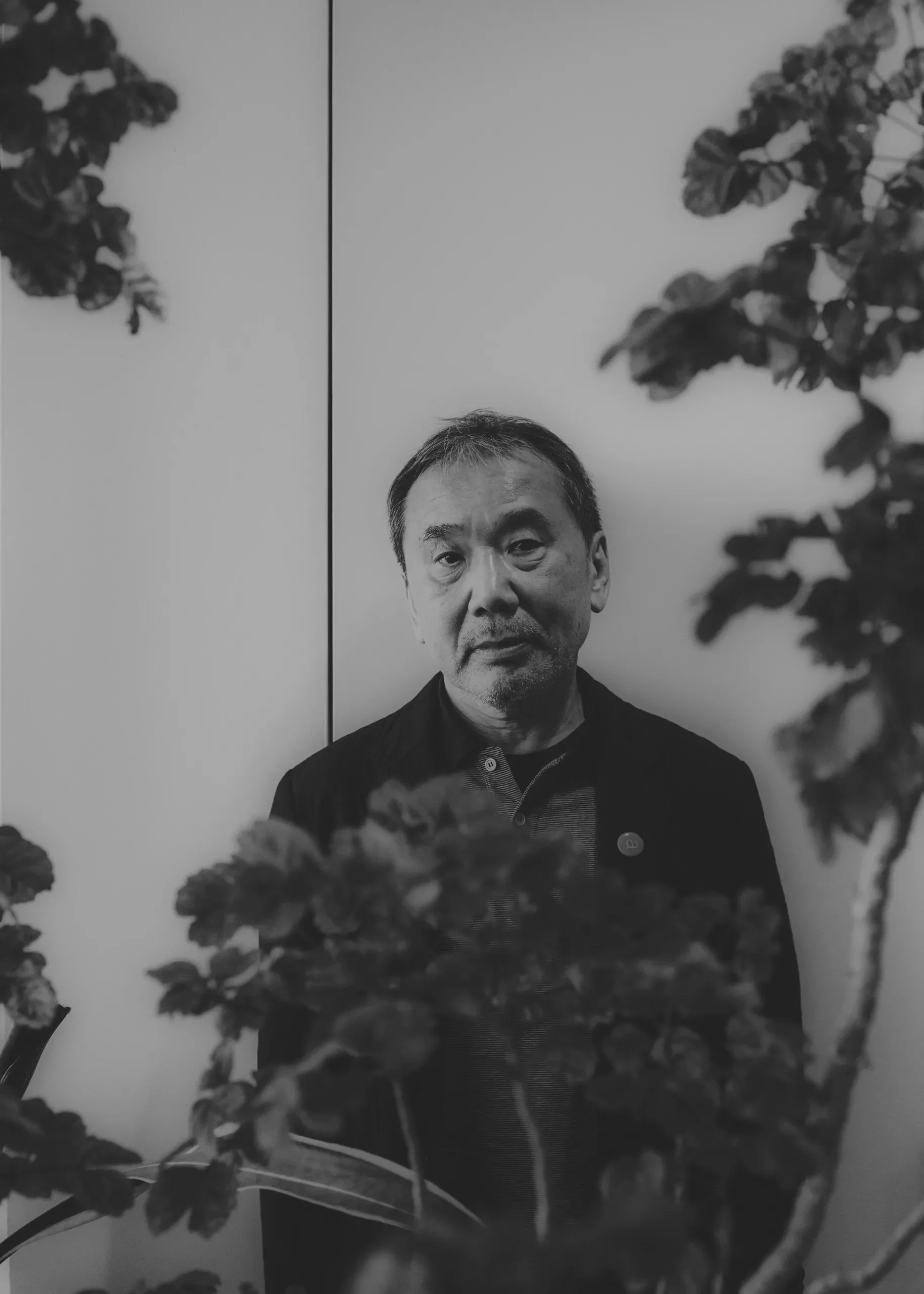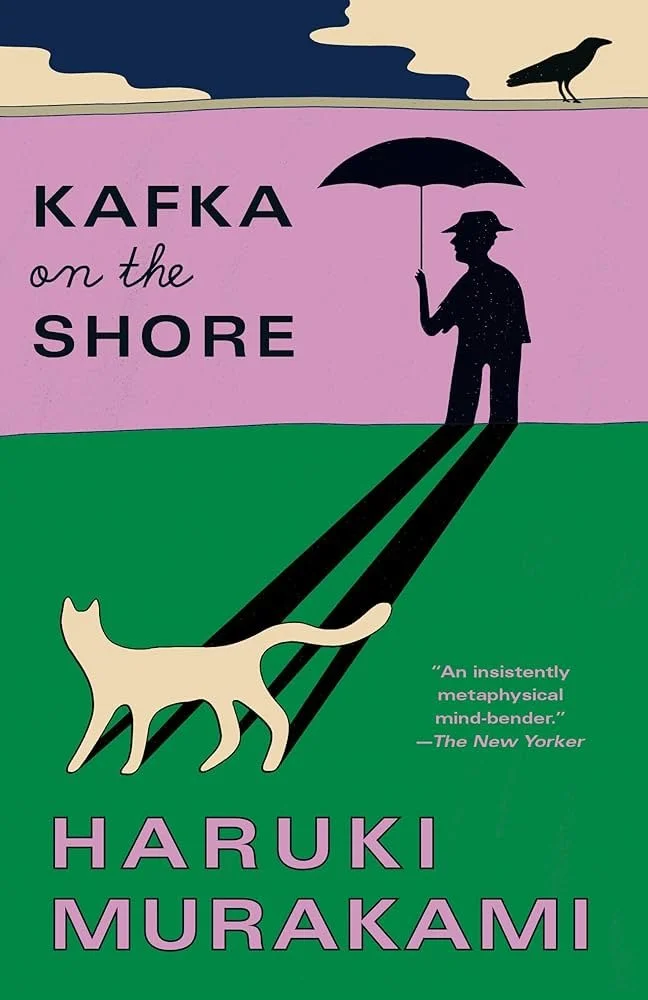
Haruki Murakami
Welcome to our winter of Haruki Murakami
Haruki Murakami was born in Kyoto in 1949, the son of two Japanese literature teachers. He studied drama at Waseda University, where he met his wife Yoko, and promptly did the most un-literary thing imaginable: he opened a jazz club called Peter Cat in Tokyo, spending his twenties pouring drinks and spinning records.
The origin story is now legend: At age 29, watching a baseball game at Jingu Stadium, he was struck by a sudden, inexplicable certainty that he could write a novel. He went home that night and started. “Hear the Wind Sing” won the Gunzo Prize for new writers. So Murakami, uncomfortable with sudden fame, did what his protagonists would later do: he disappeared. He moved to Greece and Italy in 1986, then America in 1991, running marathons and writing in isolation.
What emerged was a body of work that the Japanese literary establishment dismissed as "un-Japanese” - too Western, too influenced by Kurt Vonnegut and Raymond Chandler and American Jazz. Murakami didn't care. He translated “The Great Gatsby” and “Catcher in the Rye” into Japanese. He wrote about loneliness, cats, wells, parallel dimensions, and men cooking spaghetti at 3am while the world quietly unraveled around them.
He's now among the most-read authors on the planet, ever. He’s perpetually shortlisted for the Nobel Prize. He’s still running marathons into his seventies, still chasing whatever it was that hit him in that baseball stadium, still descending into wells to see what's at the bottom.
Required Listening
Starts at about 23:00.
As always, choose your level of participation:
Besides reading one of Murakami’s “Kafka on the Shore”, here are a few things to listen to, watch, practice, and/or read:
-
Article: Word of the Week’s What Does it Mean to be Kafkaesque?
Article: Medium’s How to Write like Raymond Chandler
Excerpt: Thresholds, by John O’Donohue
-
The loneliness and isolation of Sophia Coppola's film Lost in Translation. Watch this clip of walking through Kyoto, Murakami’s hometown.
The surreal and sensual of David Lynch’s film Mulholland Drive. Watch this montage of the beauty of Mulholland Drive.
The mysticism and mystery of Makoto Shinkai’s film Your Name. Watch the trailer for this anime film masterpiece.
-
Schubert’s macabre dialogue between fear and resignation in his famous classical composition “Death and the Maiden.”
The flowing melody and deceptively soulful simplicity of Stan Getz & Charlie Byrd’s 1960’s “Desafinado.”
The Beatles’ “Norwegian Wood,” with all its ambiguity, emotional complexity, and detachment.
Japanese Concepts
Mono no aware | “the pathos of things”
That ache you feel watching cherry blossoms fall. The bittersweet awareness that everything beautiful is also fleeting, that the very impermanence of a thing is what makes it piercingly lovely. A longing for what’s already slipping away, even as you hold it.
Hikikomori | “pulling inward, being confined”
The phenomenon of extreme social withdrawal. People who retreat from the world entirely, sometimes for years. The existential impulse behind quitting a job, sitting alone in an empty apartment, descension of all kinds. Isolation as a portal.
Ma | “the space between”
Aesthetically, ma is the pregnant pause, the empty space that gives meaning to what surrounds it. It’s the silence between notes that makes music. The gap in conversation where understanding lives. Waiting, negative space, what’s left unsaid. Stories often happen in what isn’t there.

